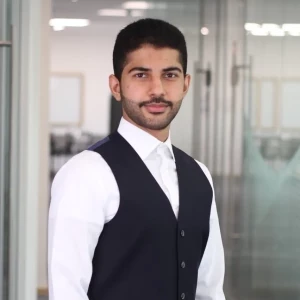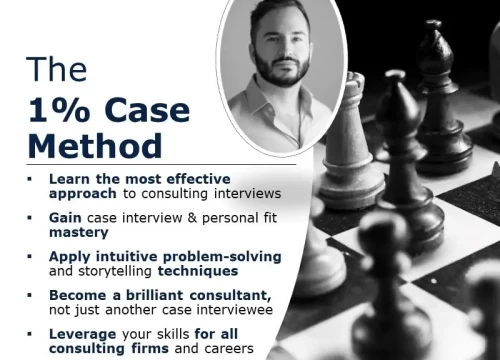Hello everyone,
As the title says, I believe the 2 min structuring rule pushes for robotic, unconsciously memorized frameworks, more or less. That being said, can I use the time in which I am asking clarifying questions and getting the answers for them to note down some intuitive ideas about the framework, or would it be red flagged by the interviewer as not taking the clarifying questions part seriously. Or basically anything else.
Thanks everyone, appreciate your insights.

















